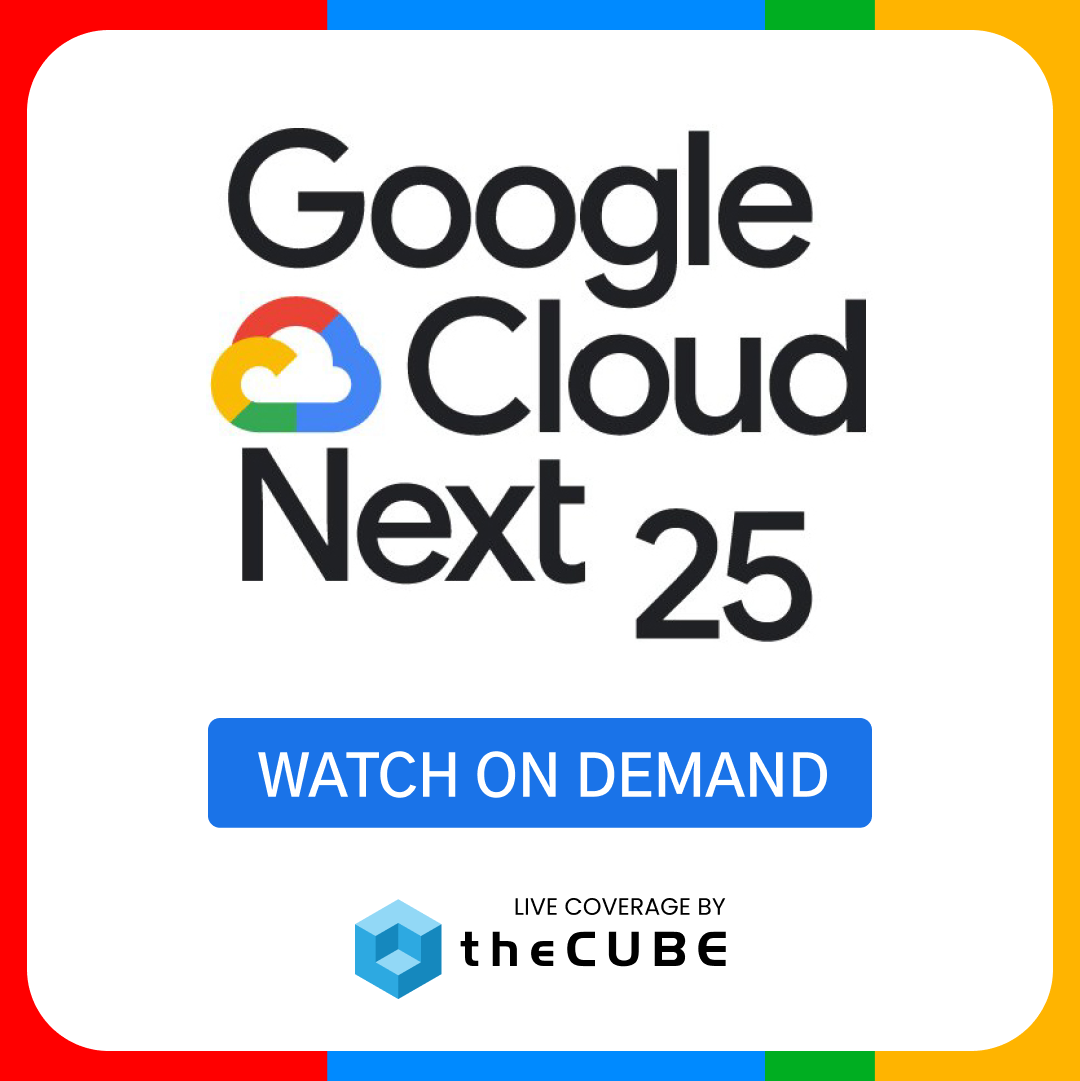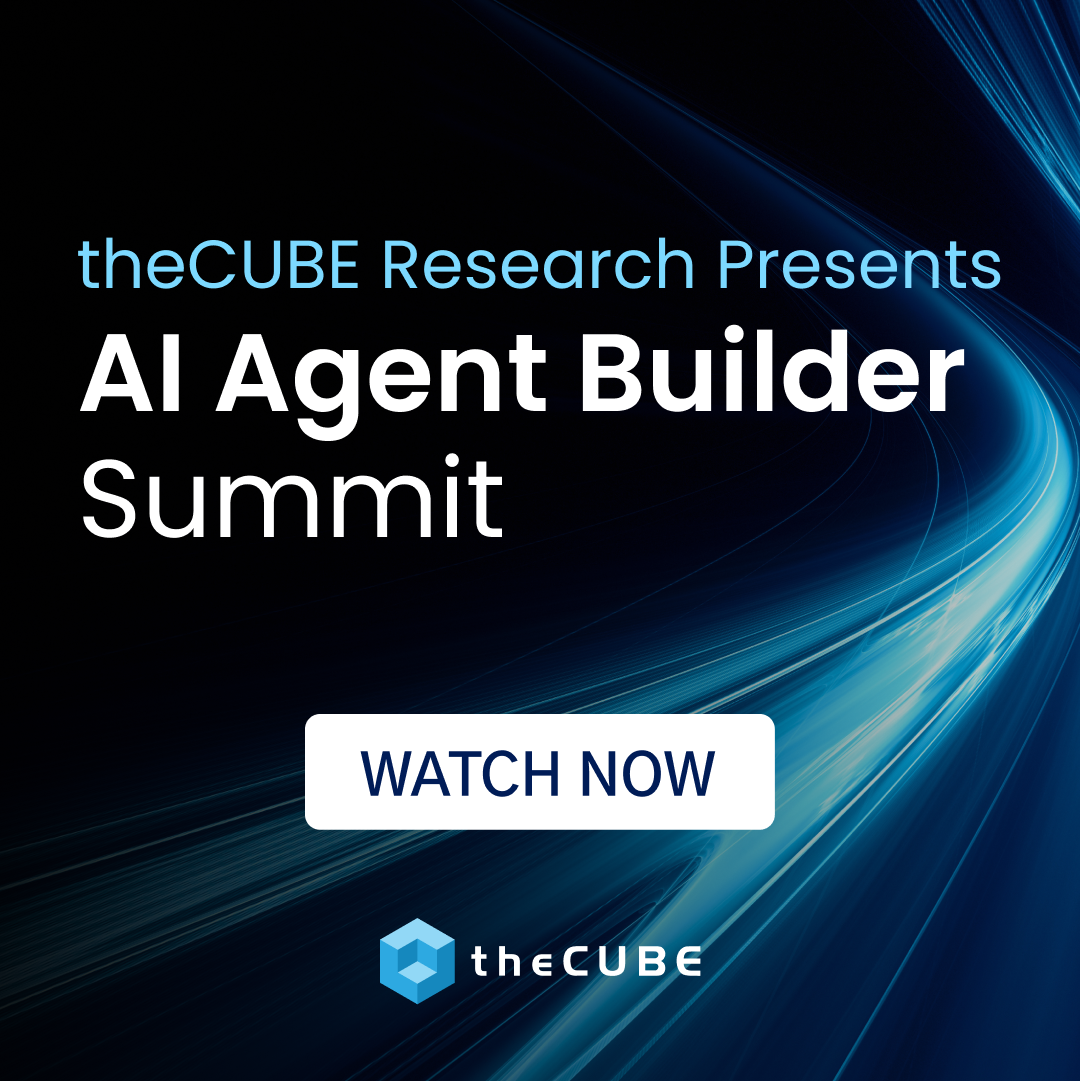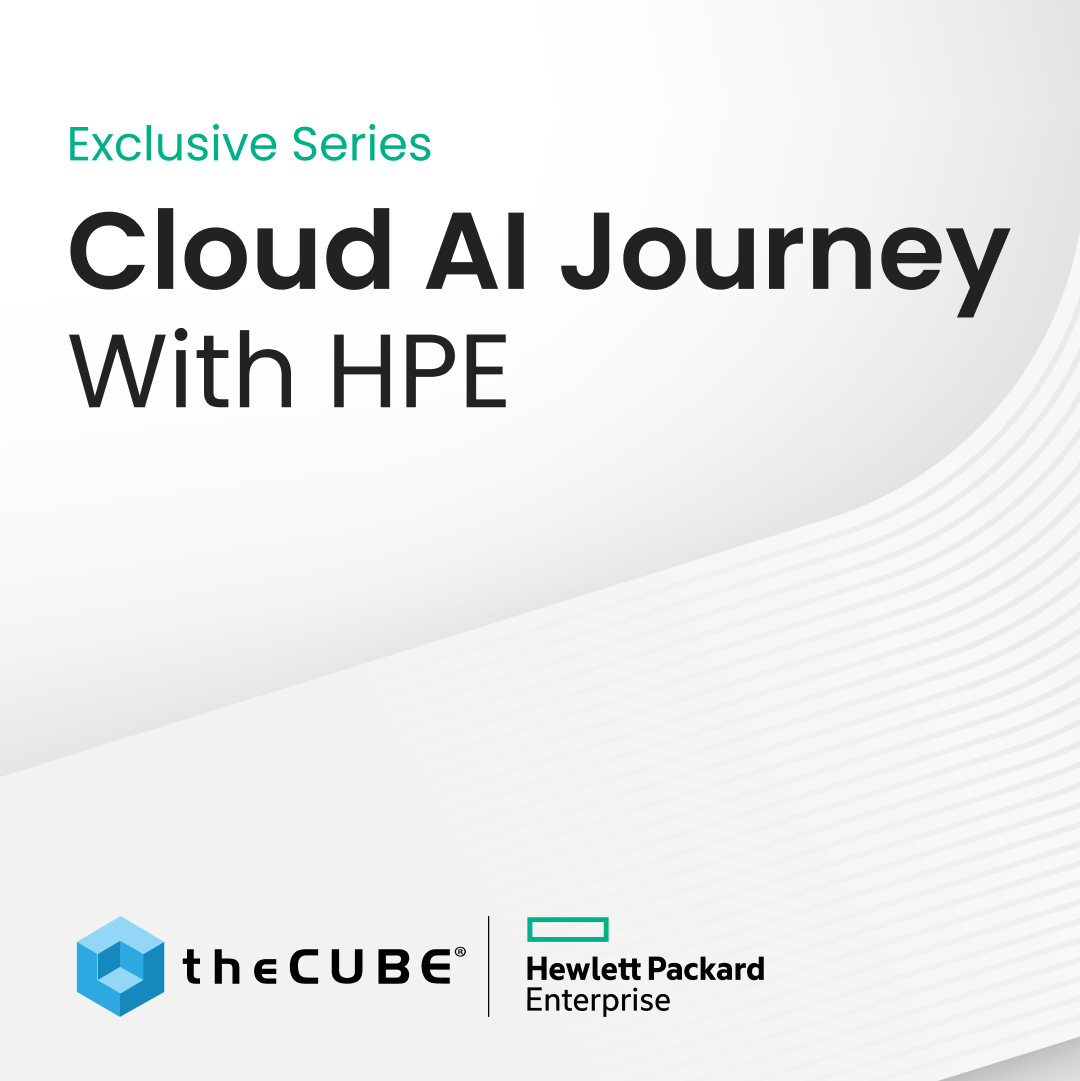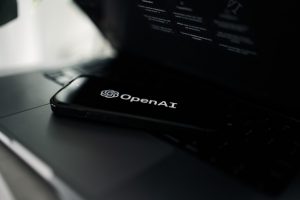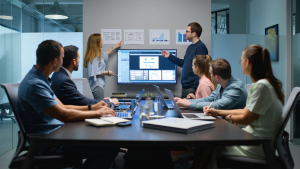Mr. Watson I Want To See You
![]() It was just over 16 years ago IBM showed the skill and talent of their engineers when they pitted their super-computer, Deep Blue, against then world champion Garry Kasparov in a chess match. While not without some controversy, IBM and Deep Blue’s win was regarded as a major step forward in compute power. The real-world application of a chess master computer, however, was fairly limited.
It was just over 16 years ago IBM showed the skill and talent of their engineers when they pitted their super-computer, Deep Blue, against then world champion Garry Kasparov in a chess match. While not without some controversy, IBM and Deep Blue’s win was regarded as a major step forward in compute power. The real-world application of a chess master computer, however, was fairly limited.
Deep Blue, had it not been dismantled and shipped for display at both the Smithsonian Institution and the Computer History Museum, would be very proud of its progeny in Watson. You might know Watson as the Jeopardy champion beating super computer able to sift through and learn from almost insurmountable amounts of data to present a correct output to queries offered in traditional, colloquial spoken English.
Jeopardy was an excellent platform to show off this innovation in super computing. Unlike its predecessor, however, Watson is now being utilized for real world situations and may present a monumental benefit for humanity. Watson’s next endeavor is taking him to the hospital.
“What we are creating now are a generation of computers that can learn from the data that they see and make decisions,” said Dr. Mark Kris, practicing oncologist at Memorial Sloan Kettering Cancer Center and developmental collaborator with IBM. In Dr. Kris’ interview with CBS News, it was explained how he is helping to teach Watson to better be able to assist physicians in developing individualized treatment plans for patients diagnosed with lung cancer.
As it turns out, Watson has already pored over more than 600,000 pieces of medical evidence and 2,000,000 pages of text. Additionally, some 26,000 clinical cases have been fed into the computer. And with the 15,000 hours of training Watson has gone through, the aim is that this technology will assist in making better treatment decisions for each individual patient.
Dr. Martin Kohn, chief medical scientist for IBM explained, “A substantial part of [Watson’s knowledge] is self-taught…what’s called machine learning, where Watson is programmed to understand and analyze English. The amount of information out there is just a torrent. So, we’re going to need help in keeping up with it.”
The projected growth of data, according to the IBM Watson-dedicated website, will see an increase in the next five years of more than 800 percent. A super-computing solution able to process natural language and integrate machine learning and hypothesis generation and evaluation, like Watson, will be a necessity to navigate the impending data deluge.
As a digital oncologist, Watson will be able to assess an individual patient’s medical history and suggest further testing and treatment options. And Watson will deliver this personalized care plan in less than a minute. As Dr. Kris points out, however, Watson will not supersede the role of the physician, but rather should be seen as a second opinion. “The real thing about the second opinion is comfort and confidence for the person.”
We could see a version of this cancer fighting super-computer in hospitals in a year’s time. Aside from providing what likely will be the most intensive and accurate assessments, the eventual deployment of this system and others like it will help to allay the skyrocketing cost of healthcare by minimizing unnecessary diagnostic tests and treatments.
A message from John Furrier, co-founder of SiliconANGLE:
Your vote of support is important to us and it helps us keep the content FREE.
One click below supports our mission to provide free, deep, and relevant content.
Join our community on YouTube
Join the community that includes more than 15,000 #CubeAlumni experts, including Amazon.com CEO Andy Jassy, Dell Technologies founder and CEO Michael Dell, Intel CEO Pat Gelsinger, and many more luminaries and experts.
THANK YOU

